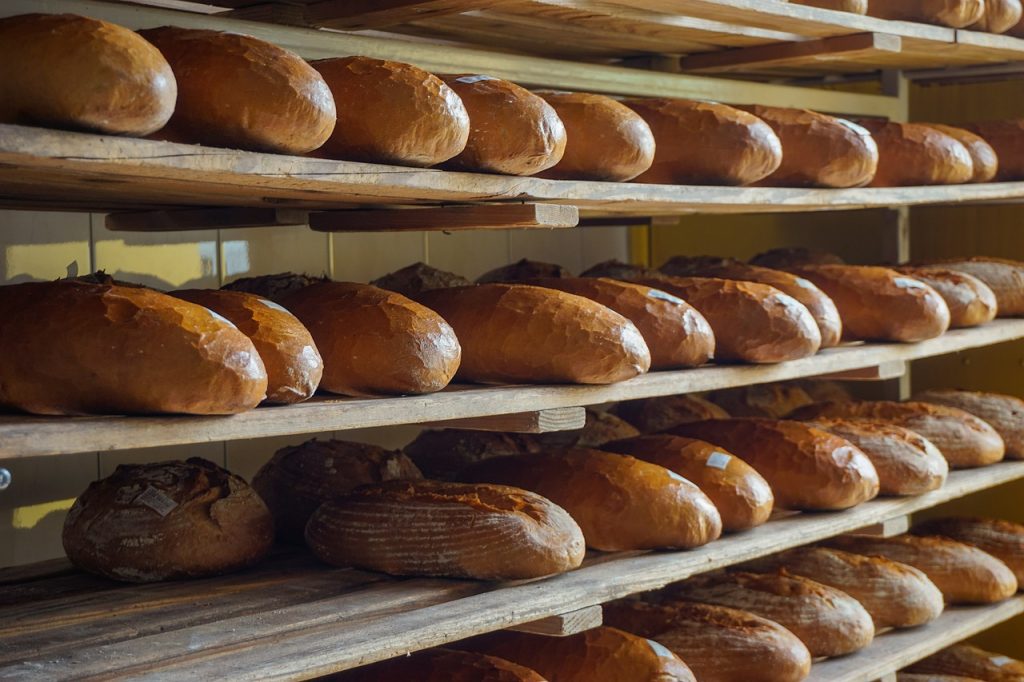
LOWINFOOD assesses the climate change impact of bread transport in Sweden
A recently published article in the scientific journal Sustainable Production and Consumption shows the study that the LOWINFOOD partner SLU (the Swedish University of Agricultural Sciences) has made regarding the climate change impact of bread transport in Sweden. They identified long distances between bakeries and retailers as the main contributor to transport climate impacts.
Over one-third of the food produced globally is wasted, with recent estimates indicating that 17 % is wasted solely at retail, food service, and household level. This means that considerable amounts of food are both produced and transported in vain. As for the specific case of bread, it is one of the most frequently wasted food products in the European Union; In Sweden, Roughly 20 % of total bread produced is wasted, and almost all the bread distributed in Sweden is sold under a take-back agreement. This involves combined delivery and pick-up of bread by the producers. This inevitably requires considerable transportation and logistics, and both long- and short-distance transport is required. Nevertheless, no previous study had performed an in-depth assessment of the transport required to facilitate food waste transport in Sweden.
This study showed that the current transport pathway for bread in Sweden has great potential to contribute to increased environmental sustainability within the food supply chain. An important finding was that the take-back agreement system per se is not the primary cause of transport-related impacts, but rather the distance between bakeries, consumers, and waste treatment facilities.
Share on Facebook Share on Twitter Share on Pinterest